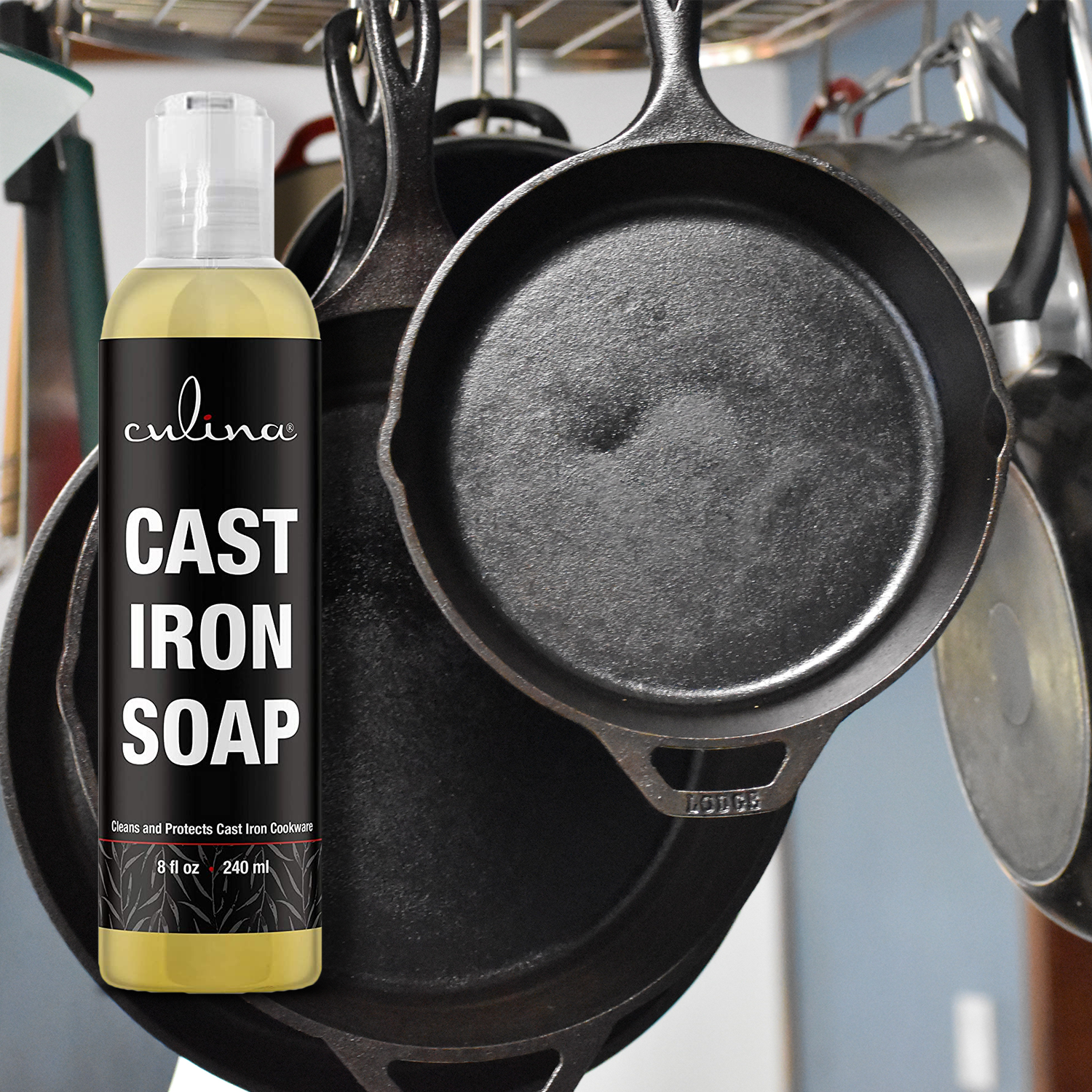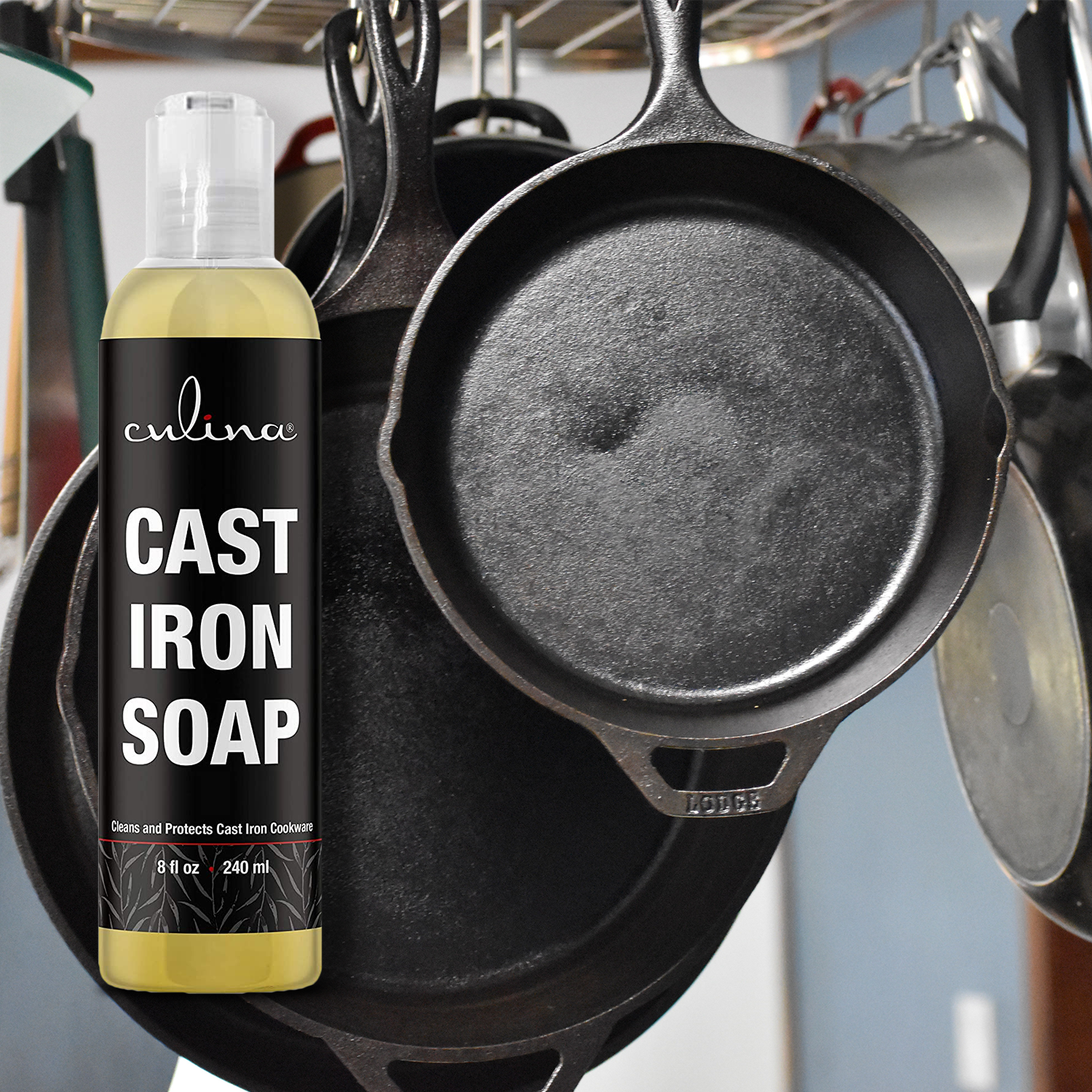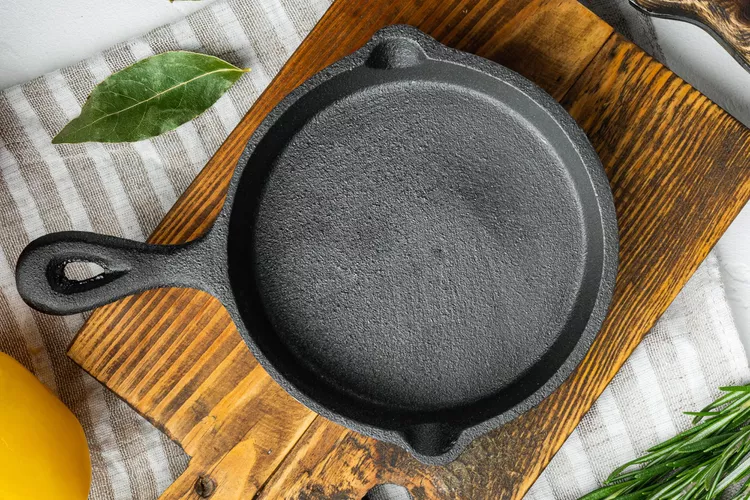When it comes to selecting between carbon steel and cast iron cookware, the decision can be challenging. Both materials have their unique strengths and are often sought after by cooking enthusiasts and professional chefs alike. In this article, we’ll explore the key differences between carbon steel and cast iron, helping you make an informed choice for your kitchen.

Understanding Carbon Steel Cookware
What is Carbon Steel?
Carbon steel is an alloy of iron and carbon, known for its durability and high performance in the kitchen. It is commonly used in woks, frying pans, and saut pans.
Properties of Carbon Steel
Carbon steel cookware is highly responsive to temperature changes, making it ideal for fast cooking techniques. It is also lightweight, easy to handle, and has a smoother surface compared to cast iron.

Diving into Cast Iron Cookware
What is Cast Iron?
Cast iron is a rich alloy primarily composed of iron, carbon, and silicon. Known for its excellent heat retention, cast iron cookware is a staple in many kitchens across the world.
Properties of Cast Iron
Cast iron is incredibly durable and retains heat well, making it perfect for slow-cooking stews, baking bread, and searing meats. However, it is heavier than carbon steel and may require more maintenance.

Comparing Carbon Steel and Cast Iron
Heat Conduction and Retention
Both carbon steel and cast iron excel in heat conduction, but they differ in retention. Cast iron retains heat longer, while carbon steel heats up and cools down faster.
Weight and Maneuverability
Carbon steel is lighter and easier to maneuver, making it suitable for quick cooking. Cast iron’s weight adds to its heat retention capabilities but can be cumbersome to handle.
Maintenance and Durability
Both materials are durable, but cast iron requires regular seasoning to prevent rust. Carbon steel also needs maintenance, but its smoother surface makes it easier to clean.

Choosing the Right Cookware for Your Needs
For High-Heat Cooking
If you frequently cook at high temperatures, like stir-frying, carbon steel might be your best bet due to its quick response to heat changes.
For Slow-Cooking and Baking
Cast iron is ideal for slow-cooking and baking tasks because of its superior heat retention capabilities.
Common Misconceptions
Myth: Cast Iron is Indestructible
While cast iron is extremely durable, it can crack or chip if dropped. Proper care is essential for longevity.
Myth: Carbon Steel is Just Like Nonstick
Carbon steel offers a smooth surface, but it still needs seasoning and care to maintain its nonstick properties.
What Experts Say
According to various chefs and cooking experts, both carbon steel and cast iron have their place in the kitchen. The choice often comes down to personal preference and specific cooking needs.
Real-Life Applications
In Professional Kitchens
Professional chefs often use both materials. Carbon steel is favored for tasks that require quick temperature changes, while cast iron is used for dishes that need steady, prolonged heat.
In Home Kitchens
Home cooks will benefit from having both types of cookware. For everyday quick meals, carbon steel is convenient, while cast iron is excellent for weekend baking and slow-cooked meals.
Environmental Impact
Both types of cookware are durable, reducing the need for frequent replacements. However, cast iron is recyclable, making it a more environmentally friendly option.
Cost Analysis
When it comes to cost, carbon steel cookware is generally more affordable than cast iron. However, investing in high-quality cast iron can be worthwhile, given its longevity.
Conclusion
Both carbon steel and cast iron cookware have unique benefits and can enhance your culinary experience. Understanding the differences and considering your cooking habits will help you make the best choice for your kitchen.
FAQs
Is carbon steel easier to maintain than cast iron?
Carbon steel is generally easier to maintain due to its smoother surface, but both types of cookware require regular seasoning and care.
Can I use cast iron on an induction cooktop?
Yes, cast iron is compatible with induction cooktops, but care must be taken due to its weight.
Which is better for frying, carbon steel or cast iron?
Both materials are excellent for frying, but carbon steel’s quick heat response may offer an advantage for some recipes.
As an Amazon Associate, I earn from qualifying purchases.

